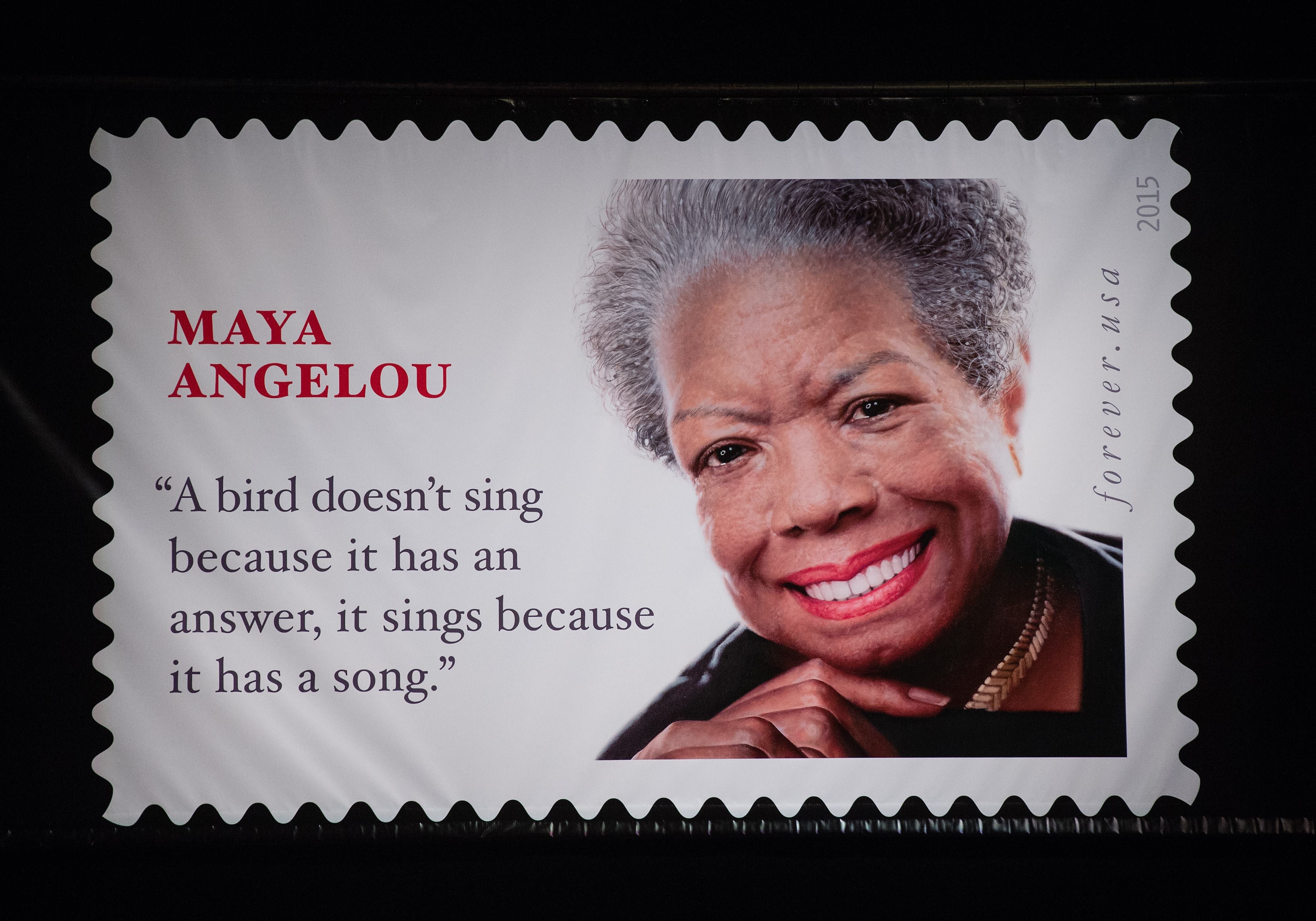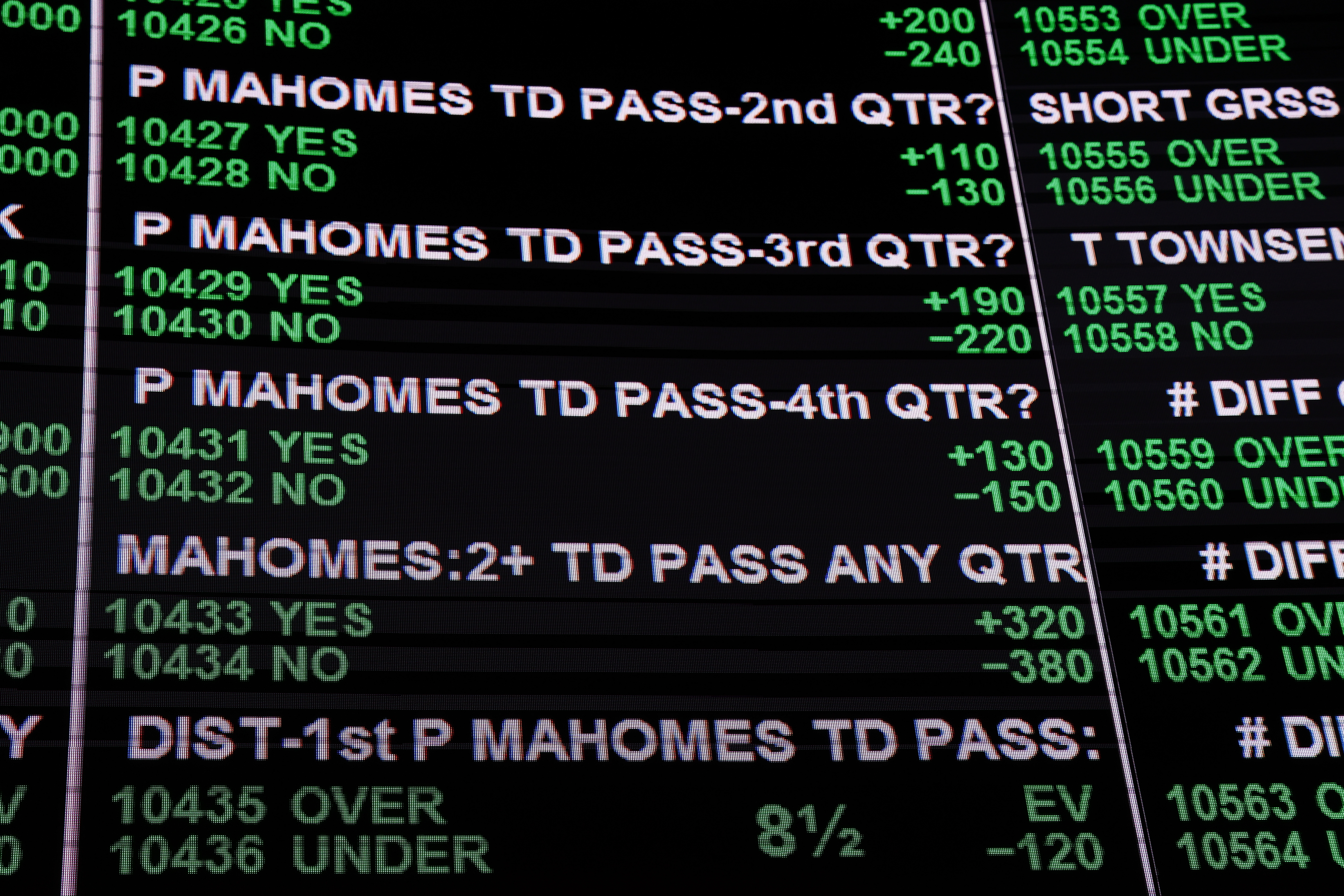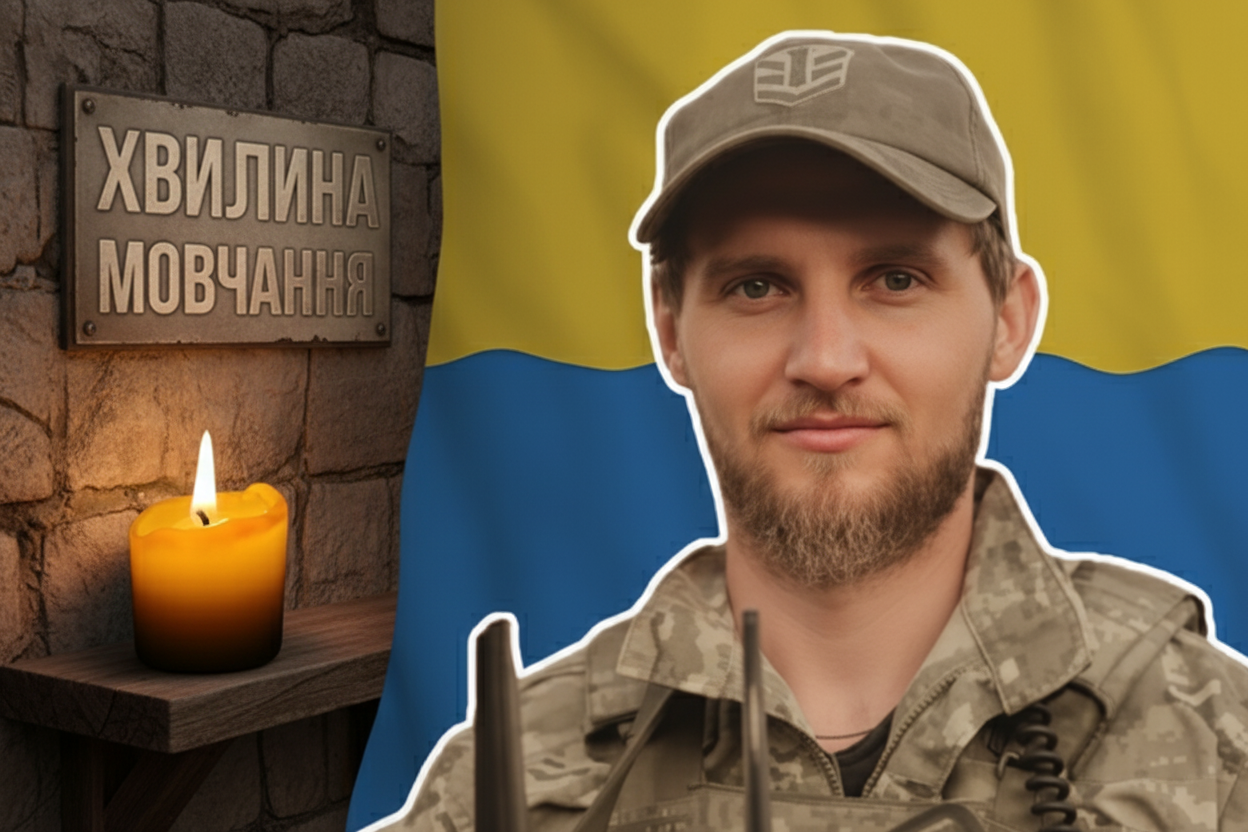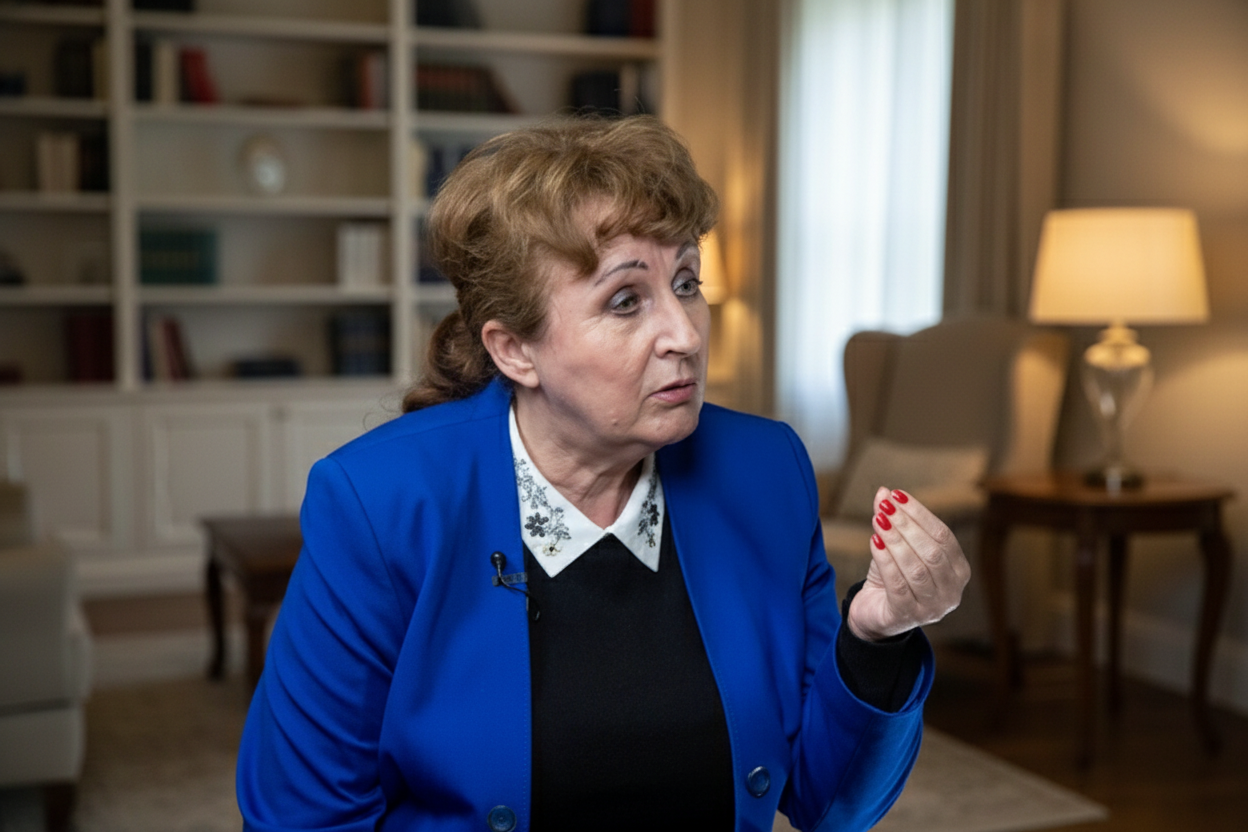The Voices of Dead Stars Come Alive in AI: Who is Cashing In Millions.


Before his death in 1924, Franz Kafka expressed a simple wish to his friend and literary executor Max Brod: to burn all of Kafka's unpublished works and papers.
Fortunately for the world, Brod largely ignored Kafka's words, which is why today we have works like The Castle and The Trial, not to mention the term 'Kafkaesque'. But this story raises many questions about the rights of authors, musicians, and celebrities to their works after death. The questions become even more pertinent in the age of artificial intelligence, where there's not just the possibility of preserving works, but also recreating their true voices.
Michael Caine Says This
The startup ElevenLabs, specializing in creating realistic synthetic speech, recently launched a marketplace for 'Iconic Voices'. This service allows companies to legally license AI versions of famous voices — some of which belong to living persons, many to the deceased.
Among the living participants are actors Matthew McConaughey and Michael Caine, who have already joined the project. McConaughey, who is an investor in the company, plans to use his synthetic voice to translate his newsletter 'Lyrics of Livin’' into Spanish, demonstrating how this technology can aid in localizing content for different audiences. (Muy bien, muy bien, muy bien — as the Spanish AI McConaughey might say.) Caine, one of England's most renowned actors, joined the market as a 'star' voice, claiming that this should be viewed as an enhancement of human storytellers, not a replacement.
Imagining how AI speaks with Caine's unique Cockney accent — no AI can actually recreate it better than in The Trip — it's essential that Caine made a conscious choice in life to allow this. However, ElevenLabs has also struck deals with the families of historical figures that allow users to hear narratives in the voices of celebrities like Judy Garland, James Dean, Maya Angelou, and AI pioneer Alan Turing. (
Right, the genius who once said that if computers become smarter than people, 'we, as a species, should feel a tremendous humility,' will now lend his posthumous voice to machines.)
This is nothing like creating a holographic Tupac Shakur for a 'duet' with Snoop Dogg at Coachella in 2012. We are creating new readings in the vocal style of someone who cannot give consent today.
The motives are clear. Synthetic voices are cheaper than organizing a tour with a hologram, and more scalable than hiring an 'A' list host. With a small archive, hours of multilingual audio can be generated that sounds like the original. In particular, ElevenLabs emphasizes that its marketplace operates through the rights holders of deceased figures to address ethical issues and eliminate wrongful usage. This means that heirs receive compensation, which is a better option than just AI for all, but the crux remains: once a voice becomes an asset, the estate turns into a manager for the digital ghost.
Appoint Your Lawyers
Herein lies Kafka's lesson. If you are a notable figure and want to control the use of your voice in posthumous AI content — or anyone working in creative fields — it's crucial to get an estate lawyer now to document your wishes. Do you allow the creation of a synthetic voice after death? If so, for what purpose? Can your voice be used for archival restorations and documentaries but not for advertising, political content, or interactive chatbots? Who will have the final say: the literary executor, a family council, an independent trustee? If you do not want your AI voice speaking in ChatGPT 55.7 in 2060, do not leave this decision to a board meeting that will take place after you have been included in the 'In Memoriam' segment at the Oscars.
Kafka's legacy serves as a reminder that sometimes betrayal of the artist's last wish can benefit society. But if you are a notable figure and do not wish to leave the fate of your voice to chance, learn from British fantasy writer Terry Pratchett's example. According to his explicit wishes, the hard drive containing his unfinished books was ceremoniously crushed by a locomotive in 2017. Try to outdo that.
This story originally appeared in the Future Perfect newsletter.
Read also
- Generation Z and AI: Why Robots Threaten Zoomers
- Athletes at the center of gambling scandals: how prop bets threaten the integrity of games
- The Death of Andriy Mulyavka: What We Know About the 26-Year-Old Lieutenant from Rivne Region
- Hungarians on Ukraine: why society is divided over the war
- Protest in the United Kingdom: 2,000 people stood against the refugee camp
- Ukrhydrometcenter warned of a sharp drop in temperature in Ukraine: when to expect snow









